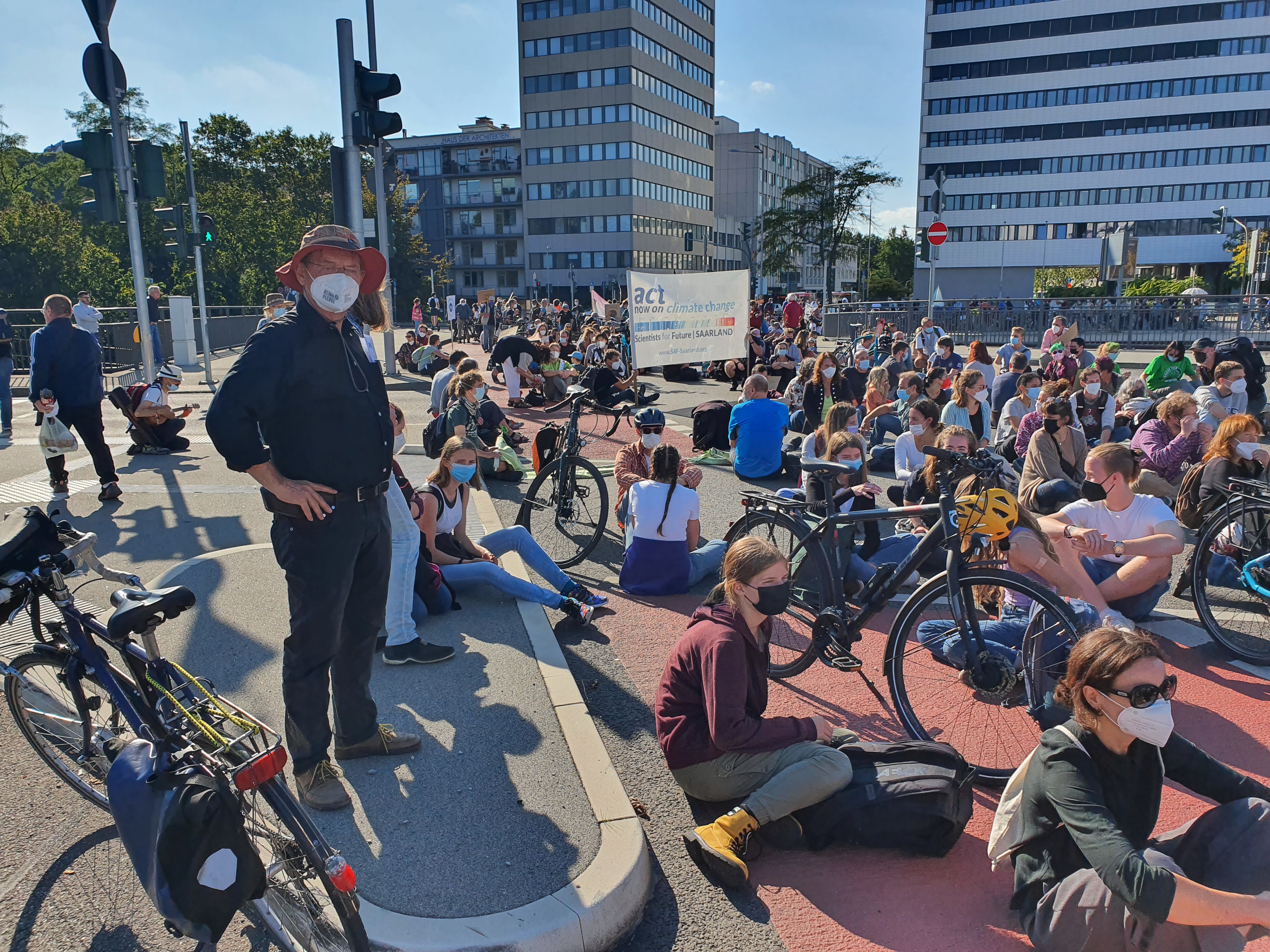Knowledge Networking Portal for Sustainable & Responsible Tourism










 5 pathways to support the 1.5° C aim
5 pathways to support the 1.5° C aim
The Glasgow Declaration: a Commitment to a Decade of Tourism Climate Action
The Glasgow Declaration aims to act as a catalyst for increased urgency about the need to accelerate climate action in tourism and to secure strong actions and commitment to cut tourism emissions at least in half over the next decade and reach Net Zero emissions as soon as possible before 2050.
|
"We declare our shared commitment to unite all stakeholders in transforming tourism to deliver effective climate action. We support the global commitment to at least halve emissions by 2030 and reach Net Zero as soon as possible before 2050. We will consistently align our actions with the latest scientific recommendations, so as to ensure our approach remains consistent with a rise of no more than 1.5°C above pre-industrial levels by 2100." |
A Co-ordinated Plan for Tourism Climate Action
This declaration aims to lead and align climate action across tourism stakeholders, including government and institutional agencies; donors and financial institutions; international organisations; civil society; the private sector; and academia.
"As signatories we commit to deliver climate action plans within 12 months of signing and implementing them accordingly.
If we already have plans, we commit to updating or implementing them in the same period to align with this declaration.
We commit to report publicly both progress against interim and long-term targets, as well as the actions being taken, at least annually.
5 shared pathways
To ensure climate action is aligned across all of tourism, we agree on five shared pathways for our plans to follow:
Measure: Measure and disclose all travel and tourism-related emissions. Ensure our methodologies and tools are aligned to UNFCCC-relevant guidelines on measurement, reporting and verification, and that they are transparent and accessible to all.
Decarbonise: Set and deliver science-based targets to accelerate tourism’s decarbonisation. This includes transport, infrastructure, accommodation, activities, food & drink, and waste management. While offsetting may have a subsidiary role, it must be complementary to absolute reductions.
Regenerate: Restore and protect ecosystems, supporting nature’s ability to draw down carbon, as well as safeguarding biodiversity, food security, and water supply. As much of tourism is based in regions most immediately vulnerable to the impacts of climate change, ensure the sector can support affected and at-risk communities in resilience building, adaptation and disaster response. Help visitors and host communities experience better balance with nature.
Collaborate: Share evidence of risks and solutions with all stakeholders and our guests, and work together to ensure our plans are as effective and co-ordinated as possible. Strengthen governance and capacity for action at all levels, including national and sub-national authorities, civil society, large companies and SMEs, vulnerable groups, local communities and visitors.
Finance: Ensure organisational resources and capacity are sufficient to meet objectives set out in climate plans, including the financing of training, research and implementation of effective fiscal and policy tools where appropriate to accelerate transition.
We commit to deliver plans aligned with these pathways to cut tourism emissions at least in half over the next decade and reach Net Zero emissions as soon as possible before 2050."

Citizen for climate action in Saarbrücken/ Germany (Picture: Herbert Hamele, 24 sep 2021)
|
|
|
| Concerned URL | https://www.oneplanetnetwork.org/sustainable-tourism/glasgow-declaration-commitment-decade-tourism-climate-action |
|---|---|
| Address | |
| Source | UNWTO, One Planet Network |
| Keywords | climate, SDG12 |
| Target group(s) | Destinations , Businesses , Travellers , Education, Research, Consultancy , NGOs, Partnerships, Networks , Governments & Administrations |
| Topics | Climate Change - Energy and Resource Efficiency |














































